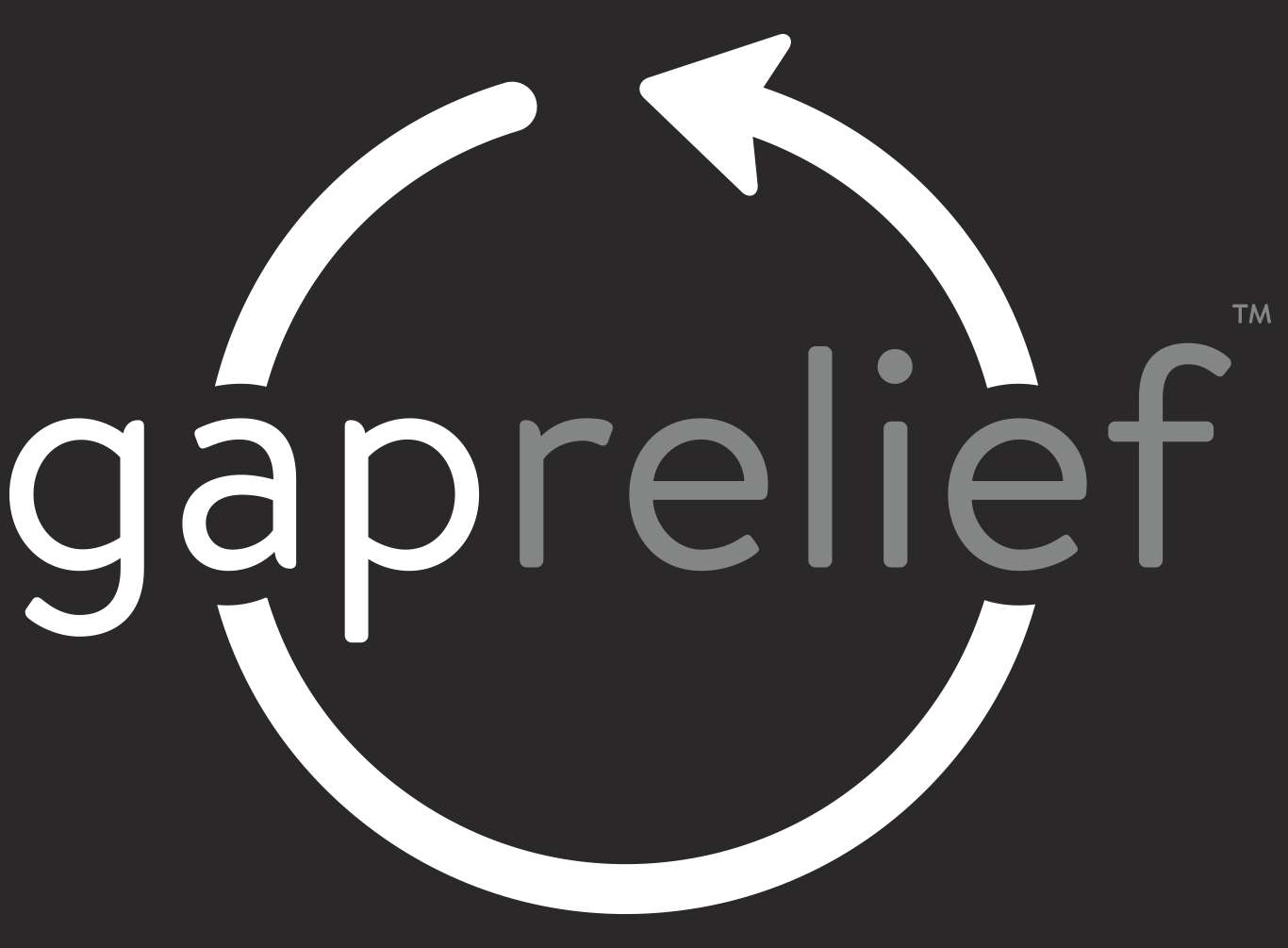When to Lean into a Counseling Intensive
I think it’s safe to say that we at Gap Relief are pro-counseling– no matter the form. We are a trauma therapy center, after all. But counseling care can actually come in many forms! One of these is the more typical counseling format where a client establishes care with a licensed professional and then attends consistent counseling sessions. Another of these is counseling intensive programs, where a client and counselor often spend a greater amount of time together within a shorter time period–often accelerating the counseling work completed within a more typical counseling format.
Gap Relief’s intensive model is unique, offering clients the opportunity to engage an intensive experience utilizing our Wrap Model of Care. Our Intensive Program Lead, Brittany Turner, LPC sat down with us to discuss the main differences between these two formats and explain the circumstances in which each can benefit a client best.
Overall, the difference between regular counseling and intensive counseling is the time spent in therapy and how that time is allotted. With more typical services, a client goes to their counselor’s office, usually for an hour-long session at a planned time. This can be every week, every other week, or even monthly or quarterly depending on the needs and resources of the client. So, 15 hours of counseling, for example, may take 3-6 months to complete. During an intensive, however, those 15 hours would be condensed into a shorter time period, usually a week to two weeks.
So what are the benefits of each of these?
Regular counseling services are perfect for those who are functioning well in the rhythm of walking in and out of counseling sessions without much disruption. The clients who thrive with regular counseling may have already done the lion’s share of their healing work and are attending counseling regularly to maintain their healing and have a safe place to process anything they might be working through. Their pain, stress, and trauma also may not necessitate the level of care involved within a counseling intensive.
There are many other factors that make regular weekly counseling a perfect fit for clients, but sometimes, an intensive can be the ideal step for those seeking deep healing.
The structure of intensive programs can vary, but at their core–intensive programs offer the client the opportunity to step out of their regular, daily (and often stressful) environment to engage counseling services for multiple hours at a time, often over the course of several days. This allows the client’s nervous system to stay in healing mode for longer stretches without naturally preparing to re-enter their regular life.
So, why is this important?
As Brittany explains in the video, a typical counseling cycle involves:
A Client exiting their normal life with all of its hardships and stressors and entering into a healing space.
The client and counselor doing good work to overcome pain, stress, and trauma of the past and present. They may make some good progress in healing during that hour.
Around the 45 to 50-minute mark, the client’s nervous system begins naturally preparing to pull out of healing and re-enter real life.
Throughout the gap between counseling sessions, the client will accumulate more pain, stress, and trauma which partially pulls away from the good work they did during their last session.
This still accomplishes the goal of moving toward healing with baby steps, and the cycle is able to begin again.
With intensives, however, a client has the opportunity to enter that healing environment and then STAY in that healing environment. Their nervous systems don’t have to prepare to accumulate more stress because they get to go back again the next day and continue the work of moving past the injuries keeping them stuck.
So who could benefit from a counseling intensive?
Individuals whose pain, stress, and trauma levels are such that the act of pulling out of healing and re-entering their stressful environment may be hindering their healing process
Individuals who have experienced a major event that caused high amounts of pain
Couples struggling in their marriage or partnership
Individuals in a helping profession who can mitigate burnout by engaging a counseling intensive
Families or couples who have been impacted by the same pain, stress, and trauma
Individuals undergoing major life changes who need help making that transition
The suggestions above are just the tip of the iceberg, as many other individuals, couples, and families may benefit greatly from an intensive as well!
We believe intensives can be an incredible step for many along their healing journey, and are so thankful to have our program lead, Brittany, leading the way!
We would love to answer your questions with a free consultation.

